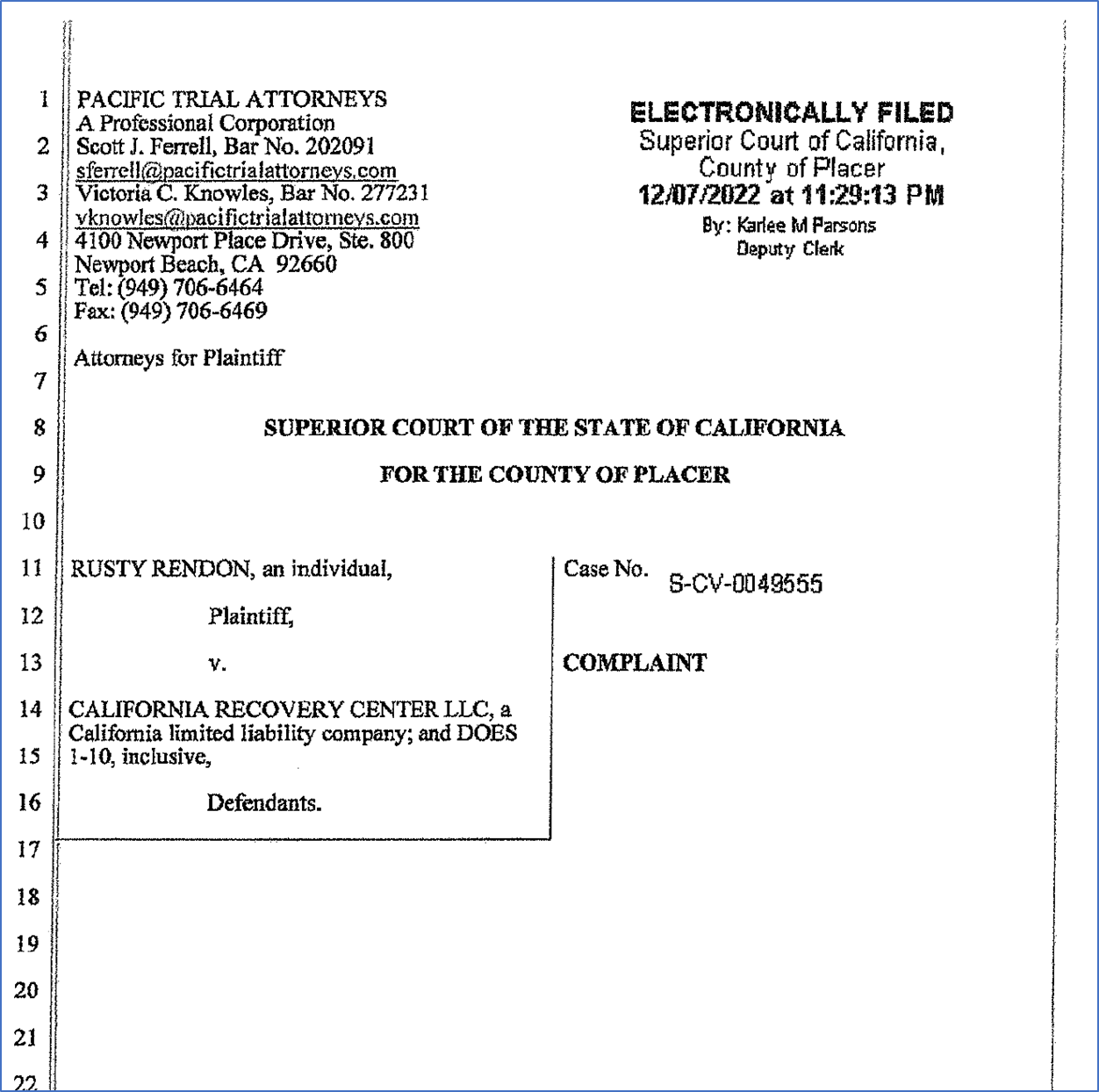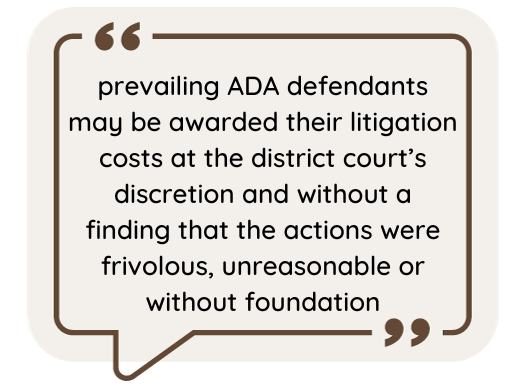The Reddy Law Firm LLC is a relatively new law firm that started filing accessibility lawsuits on behalf of various plaintiffs alleging violations of the California Unruh Civil Rights Act and California Disabled Persons Act. Though a relatively new ADA plaintiff’s lawyers, the firm is an offshoot of Potter Handy, from San Diego. The lawsuits generally reference the Americans with Disabilities Act (ADA) as well.
Generally, each of these lawsuits are filed on behalf of one of several serial plaintiffs, who file many similar cases each year. Some serial ADA plaintiffs in California have been known to file hundreds, sometimes thousands of lawsuits each against various businesses.
The Reddy Law Firm has filed Unruh litigation on behalf of these plaintiffs:
- Meryl Pomponio
- Orlando Garcia
- Brian Whitaker
These lawsuits show no signs of stopping. Each lawsuit includes a summons as a cover page informing you that you have been sued and must respond. It also contains the complaint itself, which generally looks something like this: Continue ›
 ADA Compliance and Defense Blog
ADA Compliance and Defense Blog




 Recently, JMBM
Recently, JMBM 